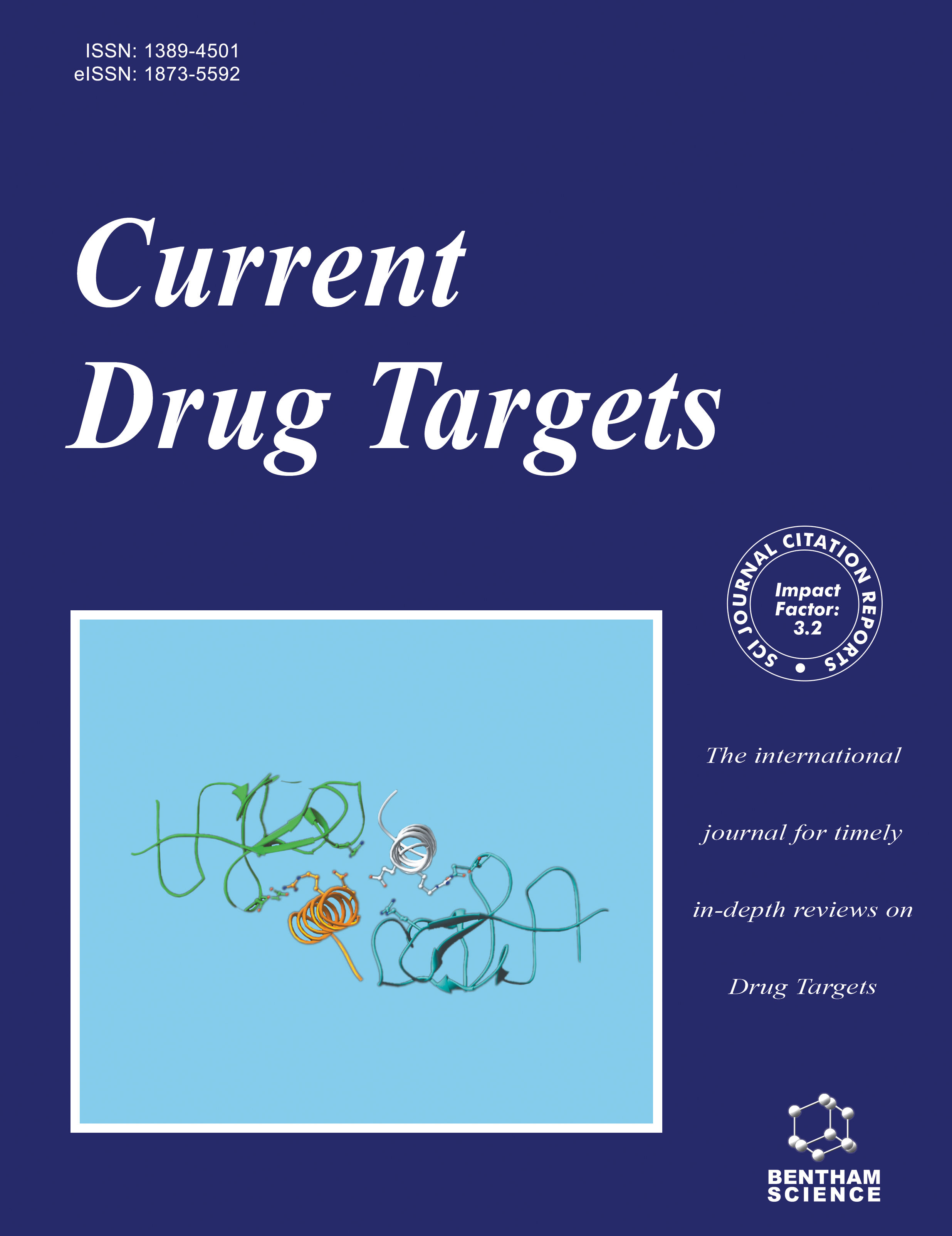-
oa Editorial [Hot Topic: Pancreatic Cancer: Between Bench and Bedside (Guest Editors: Davide Melisi and Alfredo Budillon)]
- Source: Current Drug Targets, Volume 13, Issue 6, Jun 2012, p. 729 - 730
-
- 01 Jun 2012
Abstract
Pancreatic cancer remains one of the most lethal and poorly understood human malignancies and will continue to be a major unsolved health problem in the 21st century [1]. Despite efforts over the past three decades to improve diagnosis and treatment, the prognosis for patients with pancreatic cancer is extremely poor with or without treatment, incidence rates are virtually identical to mortality rates [2]. The majority of patients is diagnosed with advanced disease and has a median survival with treatment of 6 months. Even for those with early-stage local and resectable disease, the 5-year survival is only 20% after resection. In the advanced setting, the current standard of care was established over a decade ago when gemcitabine improved symptoms and prolonged survival in a phase III trial when compared with 5-fluorouracil [3]. A modest breakthrough occurred when the addition of erlotinib to gemcitabine was shown to prolong survival compared with gemcitabine monotherapy [4]. Although advances have been made through the identification of relevant molecular pathways in pancreatic cancer [5], there is still a critical, unmet need for the translation of these findings into effective therapeutic strategies and for the integration of these molecularly targeted agents into established combination chemotherapy and radiotherapy regimens in order to improve patients’ survival. However, this bleak landscape seems to be slowly changing as recent studies are offering new hopes for early detection and prevention [6, 7], and for effective molecularly targeted [8] or novel chemotherapeutic treatments [9] for this devastating disease. This present Hot Topic issue is meant to describe and discuss the most important advances in the comprehension of the complex molecular biology, the standardization of preoperative diagnostic studies, the increasing safety of surgical intervention, and the development of novel targeted agents for pancreatic cancer. Milella and colleagues review the most recent findings in pancreatic cancer biology as sources of novel molecular targets to be exploited therapeutically. Scarpa and colleagues describes the molecular pathology of the cellular components of pancreatic cancer with a special interest not only to the markers for diagnosis but also to the molecular markers with prognostic and predictive value in this disease. De Bellis highlights the role of preoperative endoscopic biliary drainage in the management of jaundiced patients with resectable pancreatic cancer. Kim and colleagues describes recent advances in pancreatic cancer surgery, whereas Bianco and colleagues details the surgical treatment of pancreatic cancer presenting with vascular invasion. Wolff discusses rationale and challenges in using neoadjuvant therapy for upfront resectable or borderline resectable diseases. Reni reviews the most recent evidences for adjuvant chemotherapy and chemo-radiotherapy. Perrone and colleagues summarize the most updated results with conventional chemotherapeutic regimens in the advanced setting. Innocenti and colleagues discuss how the individualization of patient treatment through pharmacogenetics could help improve outcome by maximizing treatment efficacy whilst lowering toxicity. Finally, Ciardiello and colleagues review the role of the epidermal growth factor receptor signaling network and the clinical trials with inhibitors of this pathway in pancreatic cancer. These reports summarize most of the major topics discussed during the First update meeting on pancreatic cancer that was held at the National Cancer Institute of Naples. Participants of this meeting included basic, translational, and clinical investigators, surgeons, radiotherapists, and radiologists in order to facilitate collaboration among these disciplines. With this Hot Topic issue on pancreatic cancer we hope to inform those interested but not expert in this topic, to stimulate the thinking of those working in the field, and to highlight concepts for future research.


